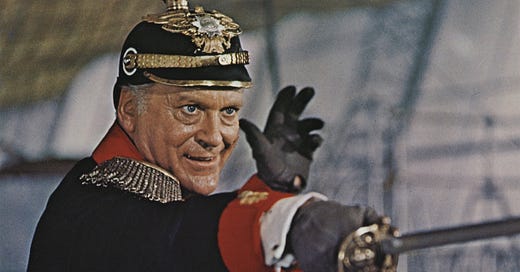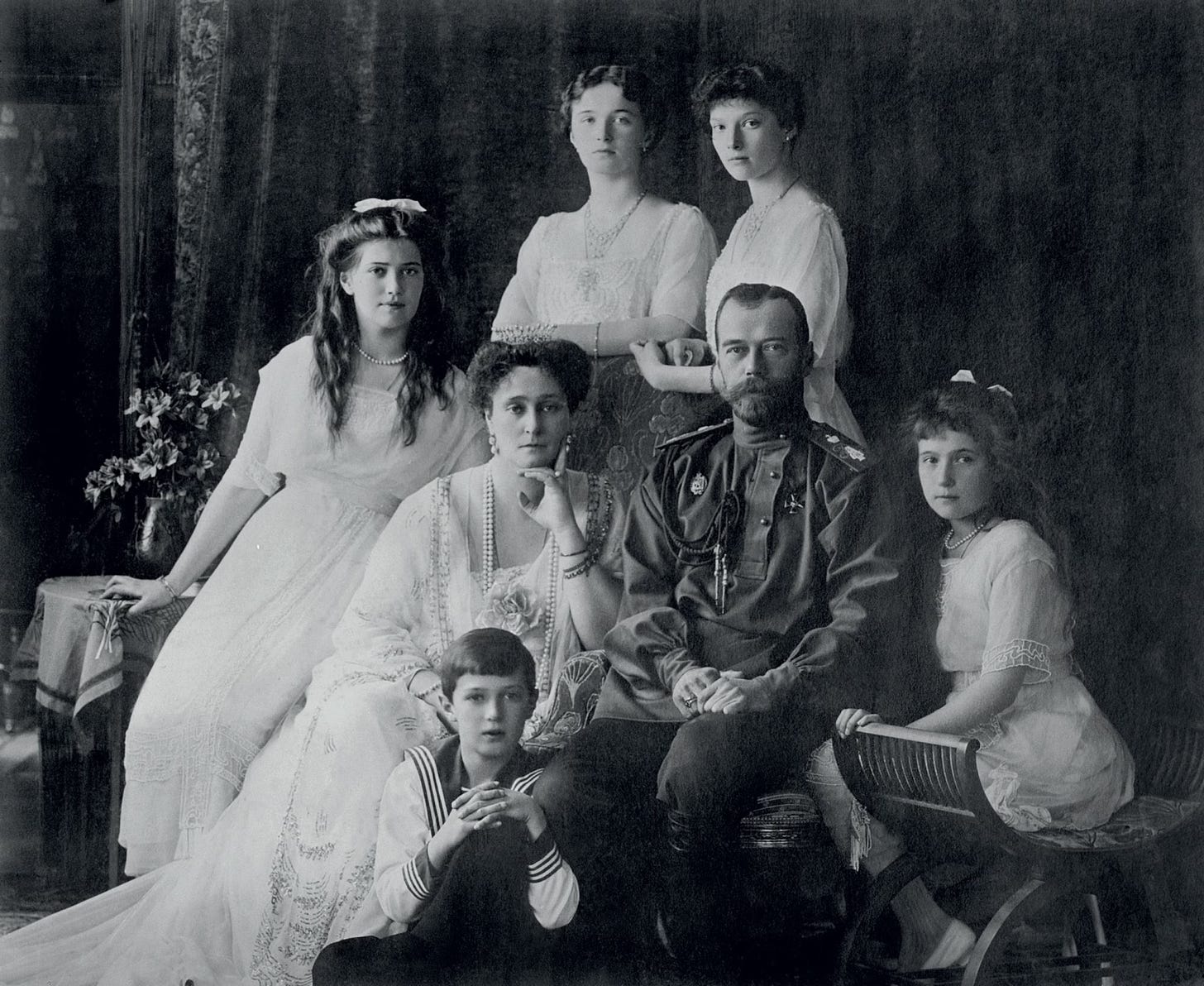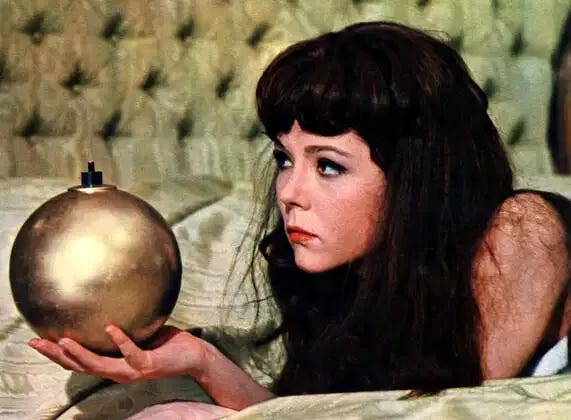“If only he could realise that the Assassination Bureau is the most lethal instrument of power ever conceived. The Assassination Bureau is a political weapon or it is nothing. Properly used, it can bring down governments, dynasties and Empires. I could rule the destiny of Europe! Great things are afoot. Sell everything you possess my friends, and buy shares in armaments: Krupp, Skoda, Vickers-Armstrong, take your pick. Europe is already in ferment!”
The outbreak of the First World War! It’s one of my many obsessions. And how, inevitably, fifty years on from the fateful summer of 1914, it caught the cultural zeitgeist. We might call this a movement, if we can call it a ‘movement’, or, perhaps, internationalist pickelhaube chic. How suddenly, in the late 1960s and early 1970s, Old Europe, the order as it existed just before the outbreak of the First World War, became a cultural phenomenon in film, books and on television: a Ruritanian fantasy of spiked helmets and Wagnerian castles, of zeppelins and broomhandle Mausers, of veteran cars, duelling scars and fencing salons, of Bavarian beer halls, (busty barmaids in dirndls) and white wrought iron conservatories in the manner of Ronald Searle. A steady stream of films immediately springs to mind: The Magnificent Men in their Flying Machines (1965), Chitty Chitty Bang Bang (1968), Zeppelin (1971) and Royal Flash (1975).
Barbara Tuchman’s influential book, The Guns of August (1962), a work much admired by John F. Kennedy, spawned an American PBS documentary in 1965. A year earlier, the BBC’s seminal television series, The Great War, was, I think, the first time that the conflict had been tackled as an historical subject on British television. Until then, perhaps, memories, had been too painful. The Great Powers manoeuver on the map of Europe, like players in the board game Diplomacy (1959) or as at the beginning of Oh! What a Lovely War (1969) — filmed on the West Pier in Brighton — or in the television series Fall of Eagles (1974). But unlike the players of the time, we have the benefit of hindsight. We know what will happen to the Tsar’s daughters. And so Robert K. Massie’s Nicholas & Alexandra caught the public imagination, becoming an international publishing sensation in 1967.
Which takes us, inevitably, to Basil Dearden’s historical romp, The Assassination Bureau (1969), starring Oliver Reed, Diana Rigg, Telly Savalas and that Teutonic sensation, Curd Jürgens. Produced by Michael Relph, and shot in glorious technicolor by Geoffrey Unsworth. Until recently, this was a Sunday afternoon tea-and-crumpets staple of British television. The film is loosely based on Jack London’s unfinished thriller, The Assassination Bureau, Ltd (1963), completed by Robert L. Fish and published in 1963; based on a plot bought from American novelist, Sinclair Lewis in 1910. And the premise is this: The Assassination Bureau is a secret organisation, happy to send its agents to eliminate evil-doers, despots and tyrants — if the targets deem themselves worthy of assassination. All for a professional fee, of course.
Keep reading with a 7-day free trial
Subscribe to Luke Honey's WEEKEND FLICKS. to keep reading this post and get 7 days of free access to the full post archives.






